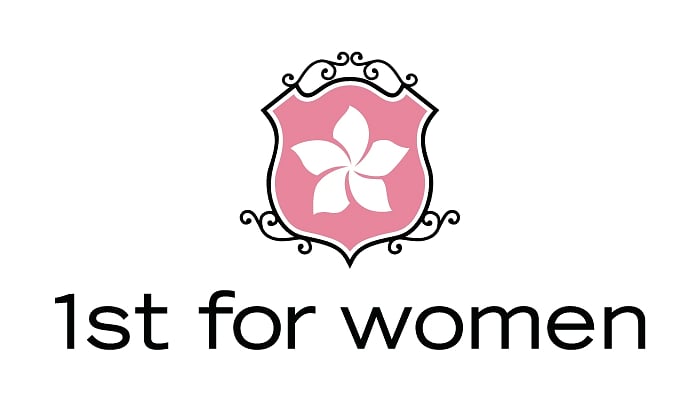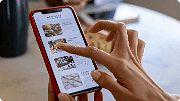
Identity theft: what you should know
Identity theft: what you should know
August 17, 2015By First For Women
One afternoon at work Sandra got a call from a bank. Your loan has been approved and the funds will be in your account in 24 hours, a teller announced cheerfully. Loan? she said, I have not applied for a loan? Puzzled silence on the other end of the line... But you were in the bank this morning filling out the application form, the teller said. No, Sandra was not at the bank, but a fraudster with an old ID book of hers was a book she lost at least 5 years before.
When someone steals your personal or financial information and uses it to apply for loans, make transactions on your bank account or defraud your insurance and medical aid it is called identity theft. In Sandra's case a woman replaced the photo in her ID book with her own and used it to apply for bank loans and cell phone contracts. Fraudsters, however, have many ways of stealing personal information that are far more ingenious than just getting their hands on lost identity documents. From the most basic to the hi-tech, they have been known to sift through dustbins, steal information that they have access to at work, hack into computers or even use spyware.
How do you know if you have been a victim of identity theft? Like Sandra, you might get calls from banks or other institutions about loans that you know nothing about, or you could receive statements for accounts that have been opened in your name. Money might be taken out of your bank account or a credit application might be turned down because you have a bad' credit record thanks to the person impersonating you horror of horrors.
Sandra's story is just one of thousands in South Africa with more and more people falling victim to identity thieves. Here's how you can stay one step ahead of the bad guys:
-
Monitor your credit report for any suspicious activity visit the Experian or TransUnion websites for information on how you can keep and eye on your report
-
Keep your ID book, passport and any other personal documents in a safe place at home or work preferably behind lock and key!
-
Be mindful of what you throw away - shred or tear up any documents that might contain sensitive information, for example bank or account statements
-
Do not carry identity documents with you unless strictly necessary
-
Never give out personal details on the phone how do you know that friendly call centre agent is really calling from your bank?
-
Selling your computer or cell phone? Make sure you have deleted any personal information
-
Be wary of disclosing personal information electronically - whether it is on your Facebook page or a registration form
-
Watch out for phishing for example you might get an e-mail from a fraudster masquerading as your bank asking you to share information on a fake webpage
If the worst happens and somebody steals your identity contact the South African Fraud Prevention Services on 0860 101 248 for advice and information on what to do next.
Final word:
Sandra's story has a happy ending. All the fraudulent accounts in her name were closed and her credit record was not affected. She is one of the luck ones. Identity theft is a very real threat - do everything you can to protect your personal information or, one day, you might just get a call at work...
























